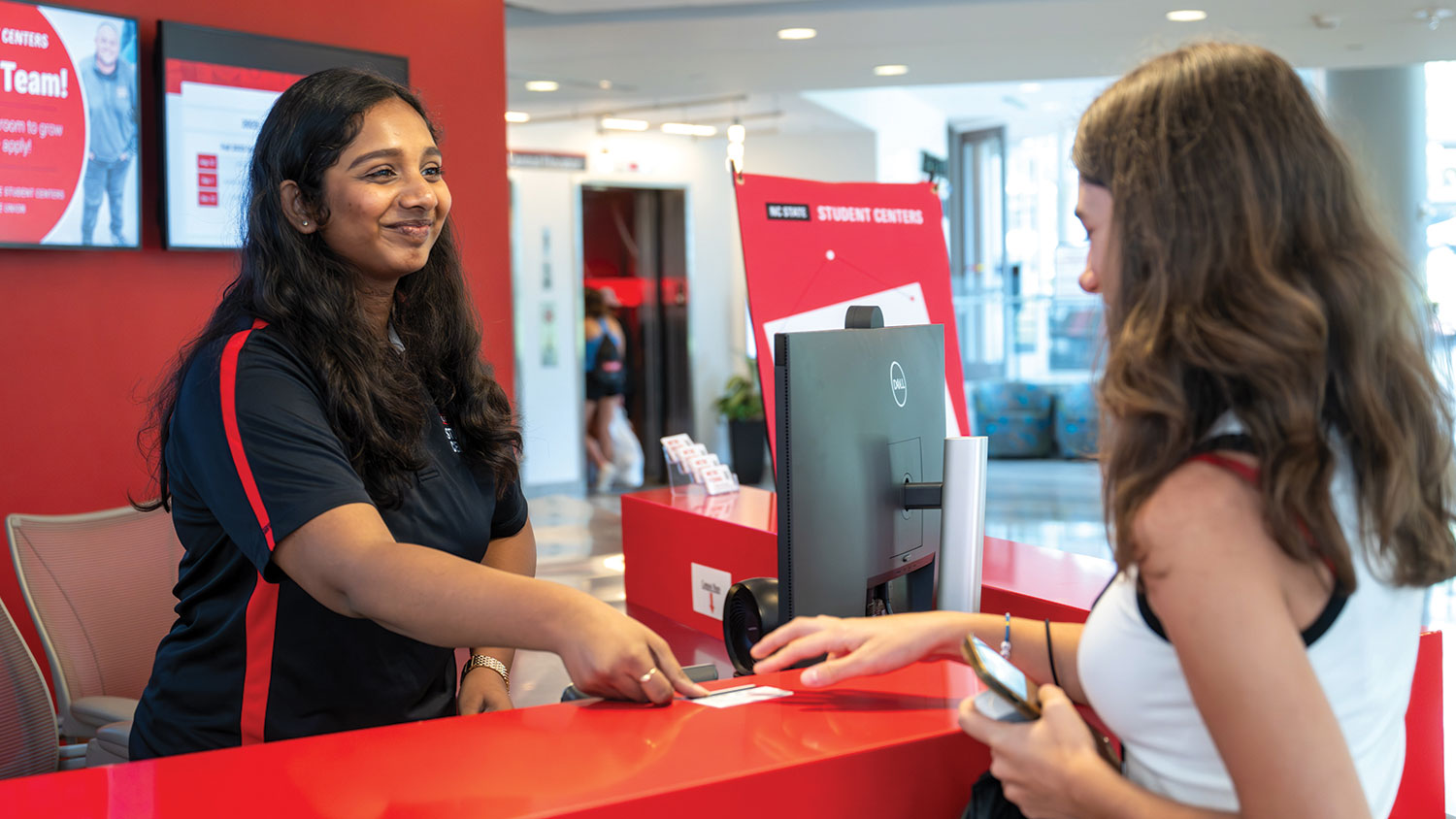Mother of Invention
Necessity? Or maybe the Wolfpack spirit is the reason so many NC State ideas end up in the National Inventors Hall of Fame.
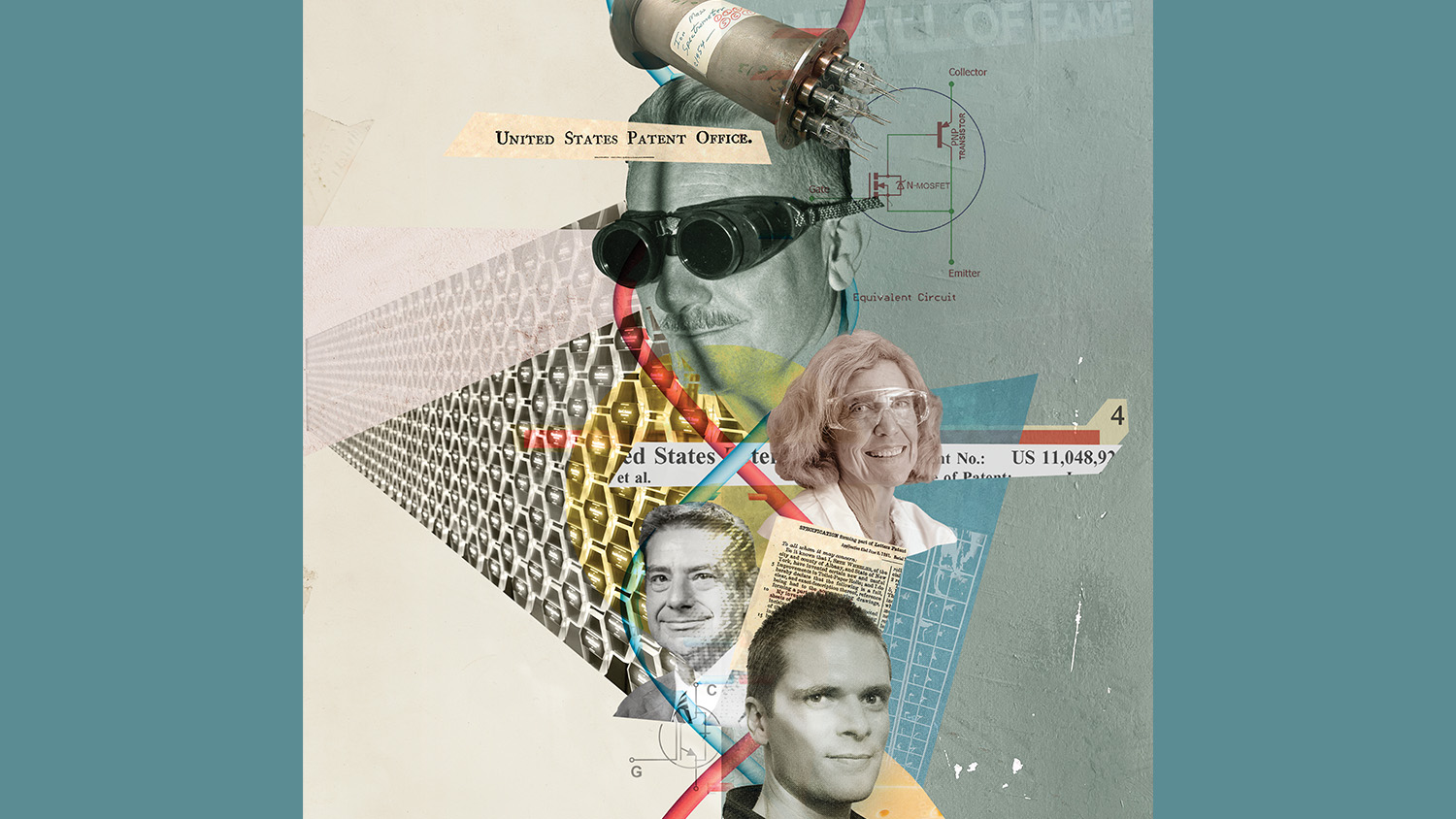
By Marti Maguire
A wall of clear, honeycomb-shaped plaques bearing the names of America’s top inventors is part of a display at the National Inventors Hall of Fame, a museum outside Washington, D.C. John Deere’s plow (Patent #46,454) is among the first, followed by Thomas Edison’s lightbulb (223,898) and the Wright Brothers airplane (821,393). There’s Henry Ford’s engine (1,005,186), Walt Disney’s multiplane camera (2,201, 689), and the iPod user interface invented by Steve Jobs (7,166,791).
While their names may not be as familiar as Disney or Edison, NC State researchers are on that wall, too, joining the other luminaries whose inventions have had a lasting impact. The latest, NC State researcher Rodolphe Barrangou ’00 MS, ’04 PHD, will be added to the museum’s “Gallery of Icons” this fall for his discoveries using CRISPR gene editing to enhance dairy products (patents #9,879,269; #9,951,342). That will bring to eight the number of inventors from NC State who have been inducted into the hall, which is housed at the U.S. Patent and Trademark Office.
Here’s some perspective: Duke University has three inductees and UNC-Chapel Hill has one. Purdue University has five and Princeton University has 13. NC State hall of famers have helped measure atoms in space, improved how we watch TV and reduced our carbon footprint. They’ve developed biosensors for the battlefield and robots for warehouses. Wade Fulghum, assistant vice chancellor for research commercialization, says the impressive number of inductees and the breadth of their contributions “speaks to the inventive spirit of the Wolfpack. . . . It helps elevate the reputation of NC State globally.”
NC State regularly ranks among the top 100 universities for the number of patents issued — 70th place in 2022, with 46 patents — according to the National Academy of Inventors. The success is no accident, Fulghum says. NC State supports researchers through the patent process and beyond by fostering startup companies. Barrangou, who holds 26 patents and has co-founded four companies, says translating theory to practice is central to NC State’s ethos, and one of the reasons he chooses to work here. “Taking things from academia to the real world is very much what NC State does well,” says Barrangou. “The process of inventing things is where creativity meets practicality, where the idea meets reality.”
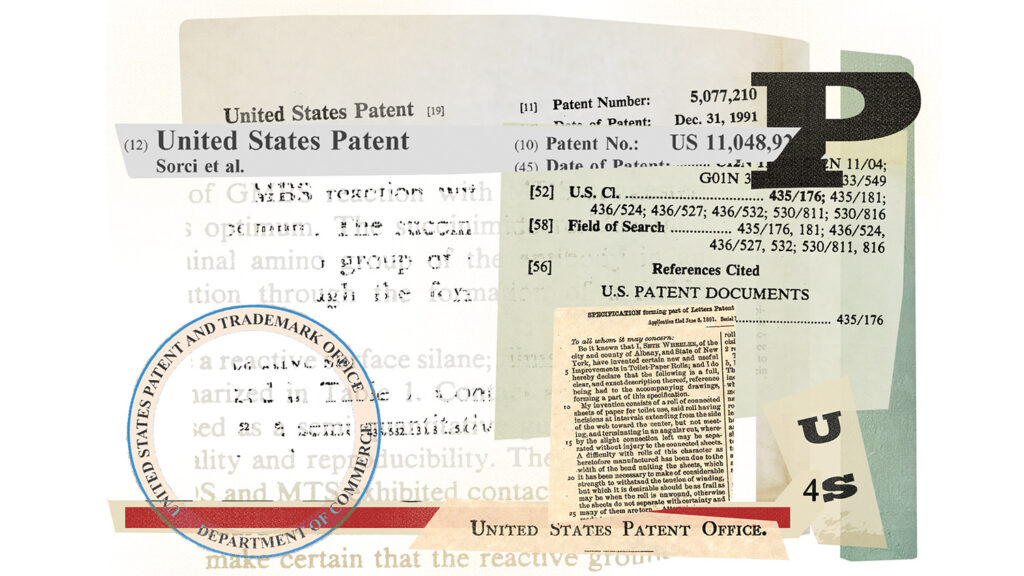
The Patent Process
The inventions from the eight NC State inductees to the National Inventors Hall of Fame represent only a tiny fraction of the patents issued to the university’s researchers — over 1,500 overall. And only a small percentage of the patents generated by NC State turn into commercial products, says Kultaran Chohan ’12 PHD, executive director of the Office of Research Commercialization.
Chohan says patents almost always protect discoveries that are so new it’s nearly impossible to determine their future value. His office seeks to protect these early discoveries so that if they should prove valuable, the private sector will be willing to invest in them. “What everyone is worried about is, if we’re going to invest the time and effort, is our competitor, someone just going to steal it?” he says. “Patents are the key that really incentivize the private sector to invest in early-stage discoveries and convert them into products or services.”
To earn a patent, an idea only needs to be novel and non-obvious, but the process is arduous, with multiple steps that can take several years, from proving that the idea is novel to drafting the application and defending against objections. The university supports those that seem most likely to have commercial value by paying costs that can range from $10,000 to $40,000 for things like application fees and attorney fees. The university also advises researchers through the process and helps negotiate licensing deals for their inventions.
Researchers whose inventions find commercial success receive 40% of any revenue the patent generates for the university. Chohan says it’s on the high end of industry standards, which helps the university attract and retain top researchers.
Successful discoveries might be licensed to existing companies, or are increasingly spun into startup businesses, with researchers playing varying roles — NC State has generated more than 190 startups, including 18 in 2022. “This is a key factor that keeps [researchers] here — the ability to engage in entrepreneurial activities, do startup companies, work with our office, and then see a return from the revenues we generate,” he says.
The university has recently focused on helping its inventors earn recognition, as well. Sylvia Blankenship, professor emeritus of horticultural science, identified a compound in the 1990s that is widely used to preserve fruits and vegetables — leading to the university’s top earning patent to date. Fulghum’s office pushed to have the National Academy of Inventors recognize her decades later, along with her research partner Edward Sisler, a biochemist who died in 2016. That recognition piqued the interest of the National Inventors Hall of Fame, where both were inducted last year.
“The process of inventing things is where creativity meets practicality, where the idea meets reality.”
– Rodolphe Barrangou ’00 MS, ’04 PHD
Barrangou, the Todd R. Klaenhammer Distinguished Professor in probiotics research in the Department of Food, Bioprocessing and Nutrition Sciences, has won multiple prestigious awards — including the Canada Gairdner International Award, considered a precursor to the Nobel Prize. But he says it will be a special moment to join the elite group on inventors at a ceremony this fall. “It means volumes to be put in the same category as those people,” says Barrangou.
The ceremony was memorable for Blankenship, giving her a chance to rub elbows with the inventors of the Super Soaker and the sports bra. She’s since participated in outreach at local schools hosted by the hall of fame, which aims to inspire the next generation of inventors. Her advice to potential inventors is simple: Keep at it. “If you’ve invented something, more than likely you’ve had a number of failures,” Blankenship says. “Don’t give up if you really think you’re working on something good.”
In Rarefied Company
Here are the NC State researchers who have been honored by the National Inventors Hall of Fame.
Willard Bennett (deceased)
Inducted: 1991
U.S. Patent No.: 2,721,271
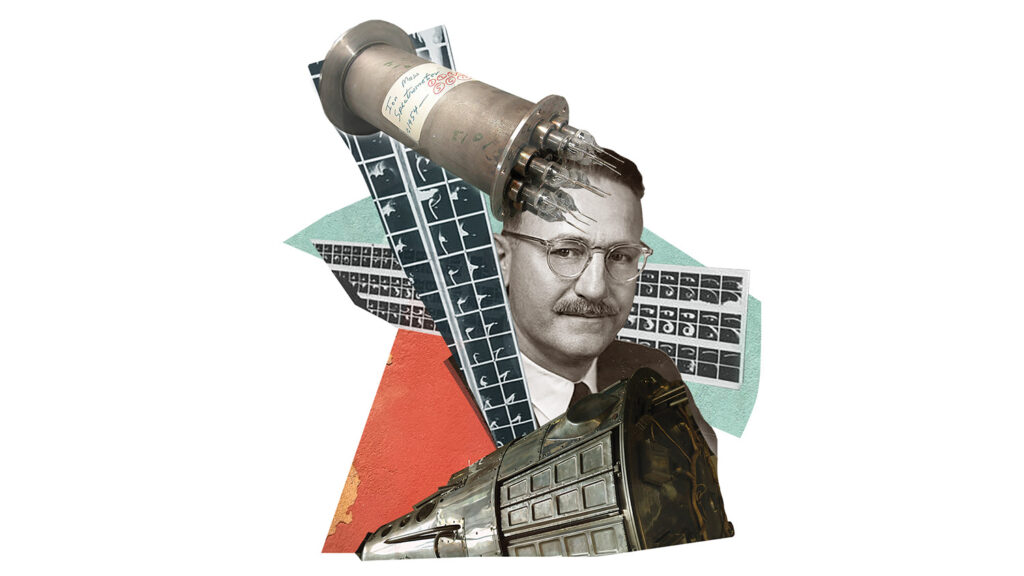
Bennett’s invention went into space. The first NC State inductee to the hall of fame, he invented the radio frequency mass spectrometer, patented in 1955. It was used to measure atoms in space when first launched on the Sputnik 3 Russian satellite three years later. Bennett was also known for his research in plasma physics, which has since been widely used in controlled thermonuclear fusion research.
An Ohio native and World War II veteran, Bennett held nearly 70 patents. He came to NC State in 1961 and retired in 1976 as the Burlington Professor of Physics. He studied at Carnegie Institute of Technology and Ohio State University before earning graduate degrees from the University of Wisconsin and the University of Michigan. He also worked for the National Bureau of Standards and the U.S. Naval Research Laboratory.
Donald Bitzer
Inducted: 2013
U.S. Patent No.: 3,559,190
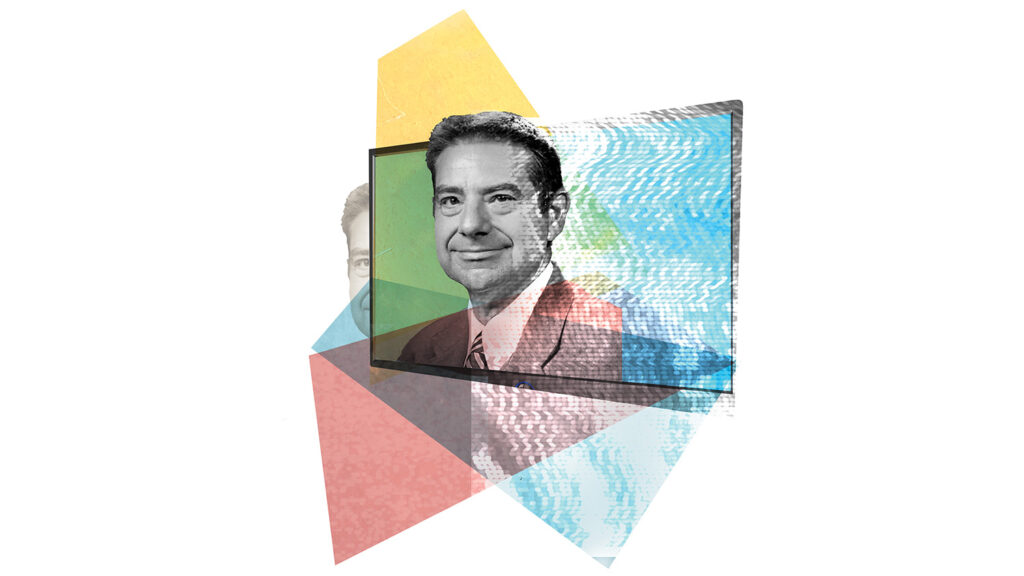
The rare engineer to earn an Emmy, Bitzer developed the first plasma display in the 1960s. As an electrical engineer and computer scientist whose work focused on instructional technology, he co-founded PLATO, an early educational network that was the first to use interactive elements similar to chat rooms. He and his collaborators invented the plasma screen for use with PLATO, and the technology was later used in flat-panel televisions, which earned an Emmy for Bitzer and his collaborators in 2002.
Bitzer is a Distinguished University Research professor in the College of Engineering, where he has taught since 1989. He earned his bachelor’s, master’s and doctorate degrees from the University of Illinois at Urbana-Champaign, where he taught for many years.
Bantval Jayant “Jay” Baliga
Inducted: 2016
U.S. Patent Nos.: 4,969,028; 5,998,833
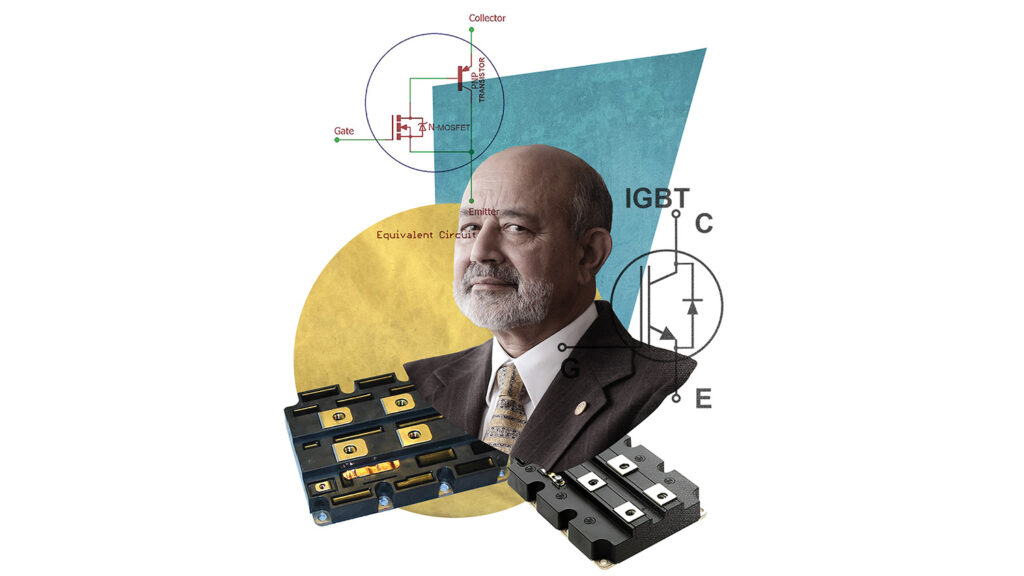
A pioneer in semiconductor research, Baliga is known for the invention of the insulated gate bipolar transistor, or IGBT, a type of switch that creates more efficient power usage that is now commonly used in household appliances, cars, fluorescent lights and more. Created while he was working for General Electric, the invention has led to significant savings in gas and electric power: $24 trillion, according to the Inventors Hall of Fame. He has earned numerous awards, including the U.S. National Medal of Technology and Innovation in 2010 and the Global Energy Prize in 2015.
A native of India, Baliga joined the NC State faculty in 1988, and is director of the Power Semiconductor Research Group. He earned a bachelor’s degree from the Indian Institute of Technology, Madras, and master’s and doctorate degrees in electrical engineering at Rensselaer Polytechnic Institute in New York.
Frances Ligler
Inducted: 2017
U.S. Patent No.: 5,077,210
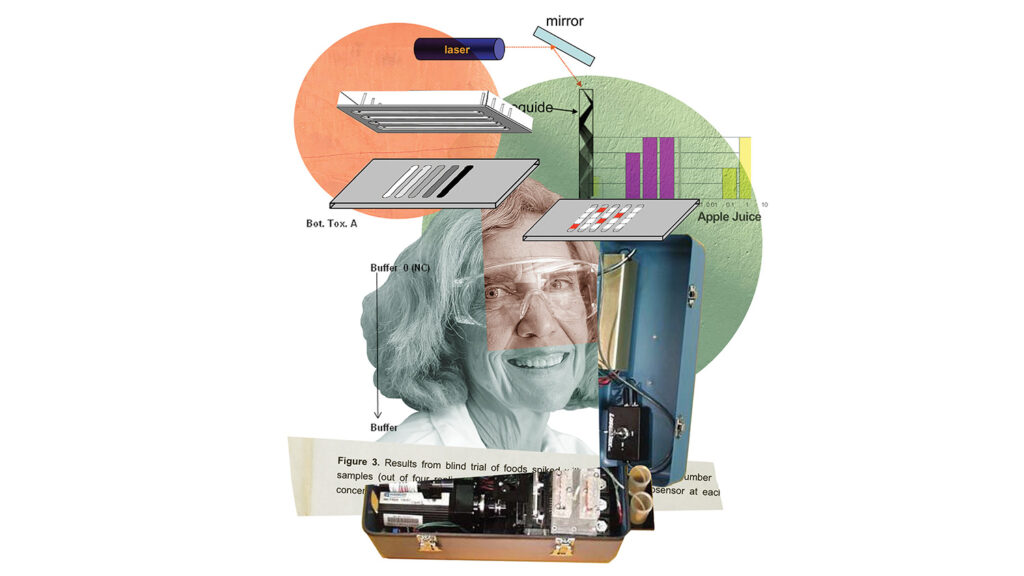
Ligler helped develop automated biosensors as a researcher for the U.S. Navy. They were used to detect toxins including anthrax in Desert Storm and other conflicts. At NC State, she developed technologies to make these sensors small, adaptable and automated so that they could be used in a variety of ways, including in clinics, factories and pollutant cleanup sites
Ligler, who has mentored aspiring inventors through the hall of fame, worked for the U.S. Naval Research Laboratory from 1986 until 2013. She was a member of the Joint Department of Biomedical Engineering at NC State and UNC-Chapel Hill from 2013 until last year, when she went to Texas A&M University. She earned a bachelor’s degree in biology and chemistry from Furman University and two doctorates from Oxford University.
Peter Wurman
Inducted: 2022 (delayed from 2020 due to COVID)
Patent No.: 8,649,899
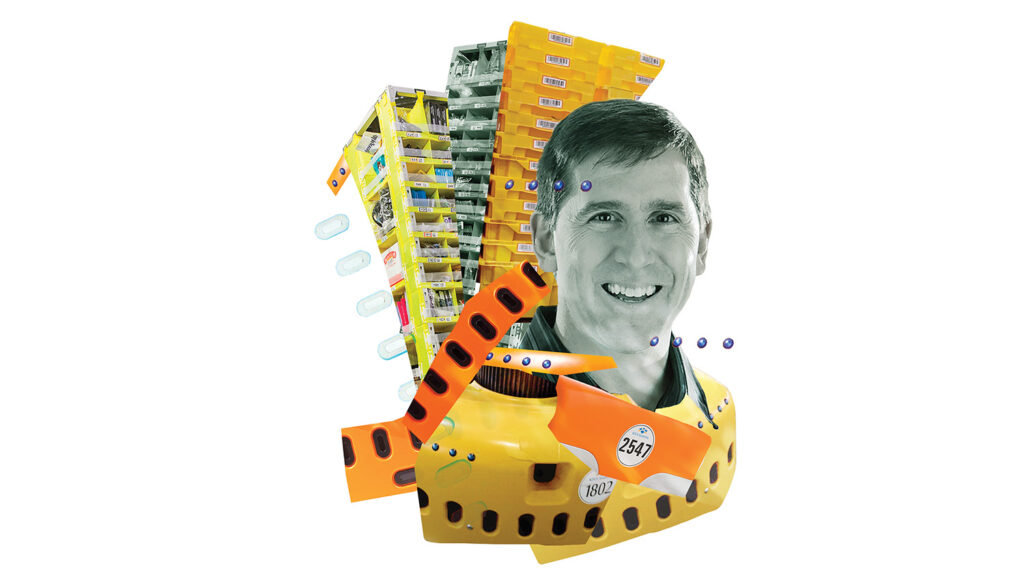
Wurman and his collaborators revolutionized the use of robots in warehouses by inventing the Kiva system in the early 2000s, making safer and more efficient shipping systems for clients such as Staples and Walgreens. He went on to work as chief technology officer for Kiva, the company he founded using this technology, which was bought by Amazon in 2012.
Wurman was a faculty member in the Department of Computer Science when Kiva was founded and is now a director at Sony AI America. He earned a bachelor’s degree from MIT, and graduate degrees from the University of Michigan.
Sylvia Blankenship
Inducted: 2022 (delayed from 2020 due to COVID)
Patent No.: 5,518,988
Edward Sisler ’58 PHD (deceased)
Inducted: 2022 (delayed from 2020 due to COVID)
U.S. Patent No.: 5,518,988
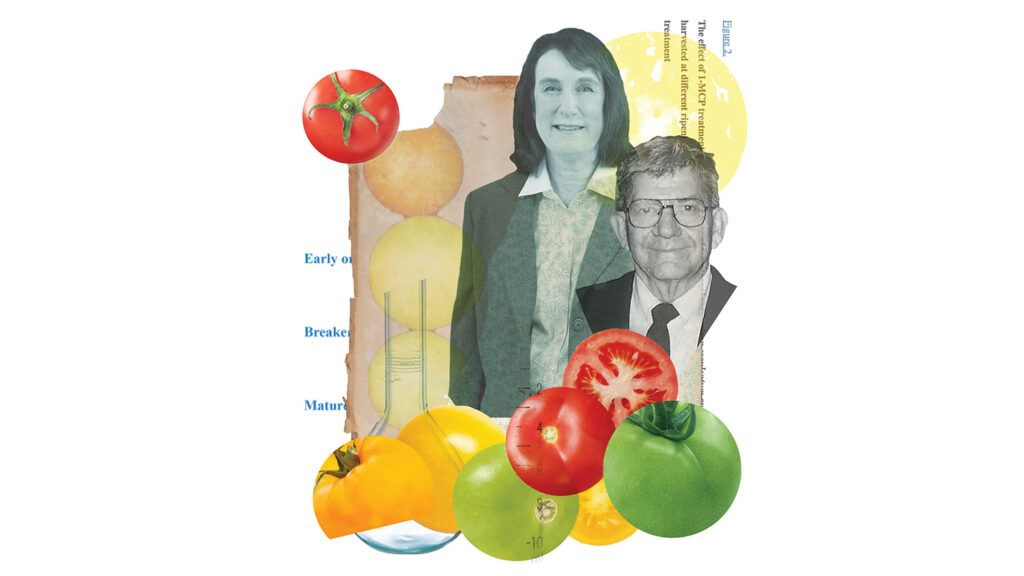
Blankenship, a horticulturist, partnered with Sisler, a biochemist, to identify a novel compound called methylcyclopropene, or 1- MCP, that alters the effect of ethylene, a naturally occurring gas that stimulates fruit to ripen — drastically increasing the shelf life of flowers, fruits and vegetables. The discovery is used in more than 30 crops, including more than half of the apples harvested in the United States. It has contributed to lower rates of food waste and brought in the highest royalties in NC State history: more than $25 million.
Blankenship came to NC State in 1983 and retired in 2018 as a professor of horticultural science. She earned bachelor’s and master’s degrees from Texas A&M University and a doctorate from Oregon State University.
Sisler earned bachelor’s and master’s degrees from the University of Maryland, and a doctorate in plant physiology from NC State, where he spent his career as a biochemistry professor.
Rodolphe Barrangou ’00 MS, ’04 PHD
Inducted: 2023
U.S. Patent No.: 9,879,269; 9,951,342
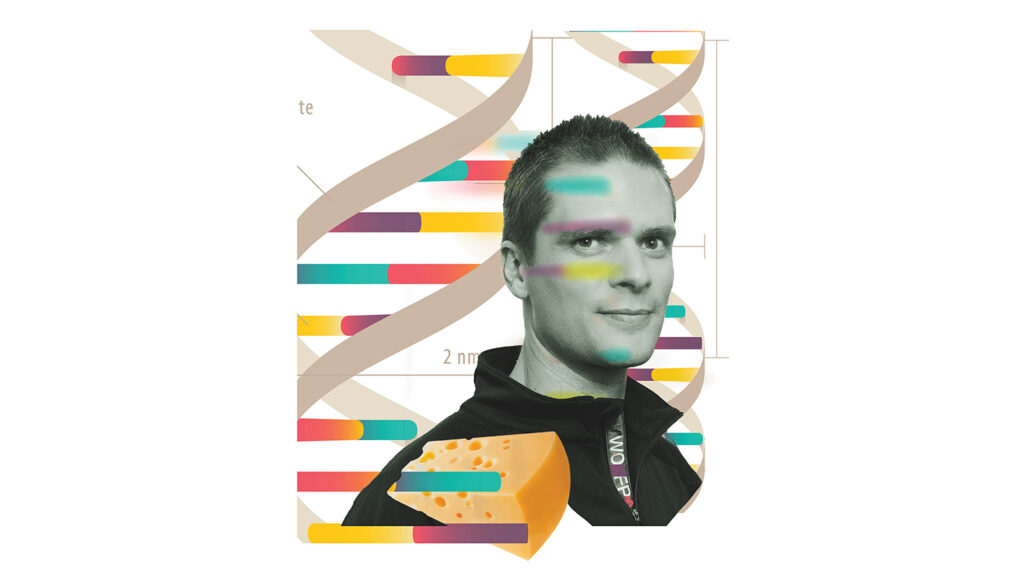
Barrangou’s research with collaborator Philippe Horvath has been widely used in the dairy industry to create cultures used to make cheese and yogurt that are virus-resistant. But their discovery that DNA sequences can be made resistant to viruses also has wider implications for the field of gene editing using CRISPR, or Clustered Regularly Interspaced Short Palindromic Repeats. Barrangou has co-founded start-ups in several industries. He describes his work as “sharpening the CRISPR toolbox,” with applications in medicine and forestry in addition to food science.
A native of France, Barrangou received his bachelor’s degree in life sciences from the René Descartes University and a master’s in biological engineering from Université de Technologie de Compiègne. He earned both a master’s degree in food science and a doctorate in functional genomics from NC State, as well as an MBA from the University of Wisconsin-Madison. He is now the Todd R. Klaenhammer Distinguished Professor in the Department of Food, Bioprocessing and Nutrition Sciences. Horvath, of the International Flavors & Fragrances (IFF) in France, was also inducted.
Everybody WINs
Hernia mesh designed to improve surgical outcomes (Deep Blue), event management software (EventOPS) and natural insect repellant (Mimikai). These are just three of the ideas from start-ups based on NC State research that have received backing from the Wolfpack Investor Network, or WIN.
With a steady stream of new discoveries seeking to enter the marketplace, WIN is designed to create connections between investors and startups. The network recruits investors with NC State ties, and the investors offer mentorship and financial backing for early-stage companies developed at NC State. Started in 2016, WIN has funded 34 companies and invested more than $20 million, with a return to investors of more than $32 million.
WIN has more than 500 members, who must be accredited investors with an affiliation to NC State. The members evaluate, mentor and invest in companies in a collaborative process. The group partnered with similar funds at Duke University, UNC-Chapel Hill and N.C. Central University to form Triangle Venture Associates, which has surpassed $85 million in investments into 95 companies — a significant increase in the availability of angel funding for Triangle companies.
“It is a huge inflection point and a real testament to the Wolfpack Investor Network,” says Wade Fulghum, assistant vice chancellor for research commercialization.
Marti Maguire is a freelance writer in Raleigh.
